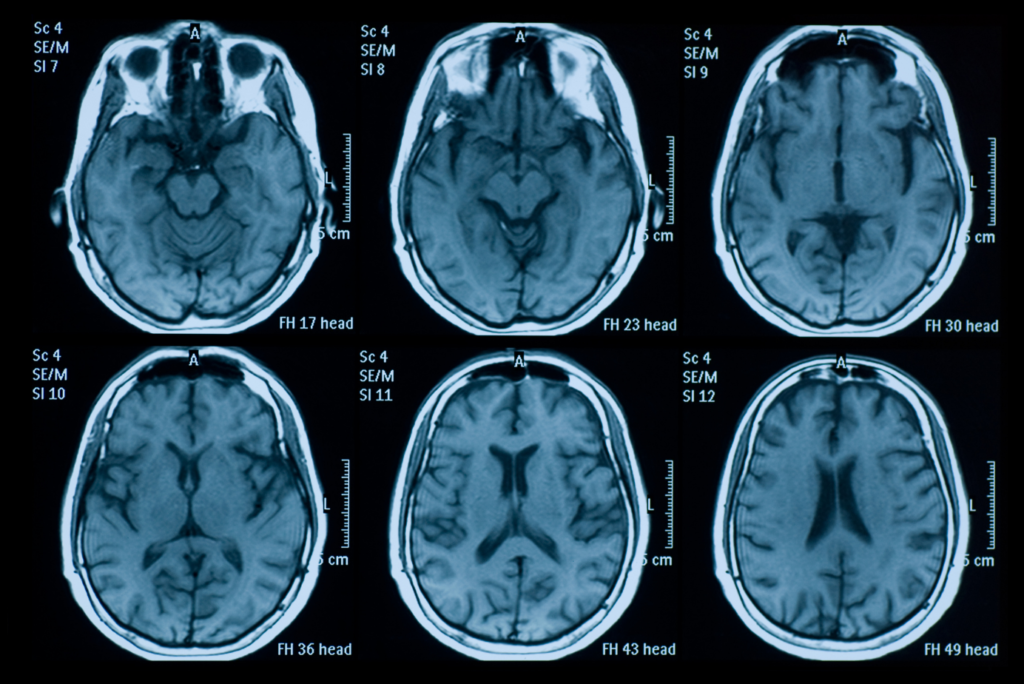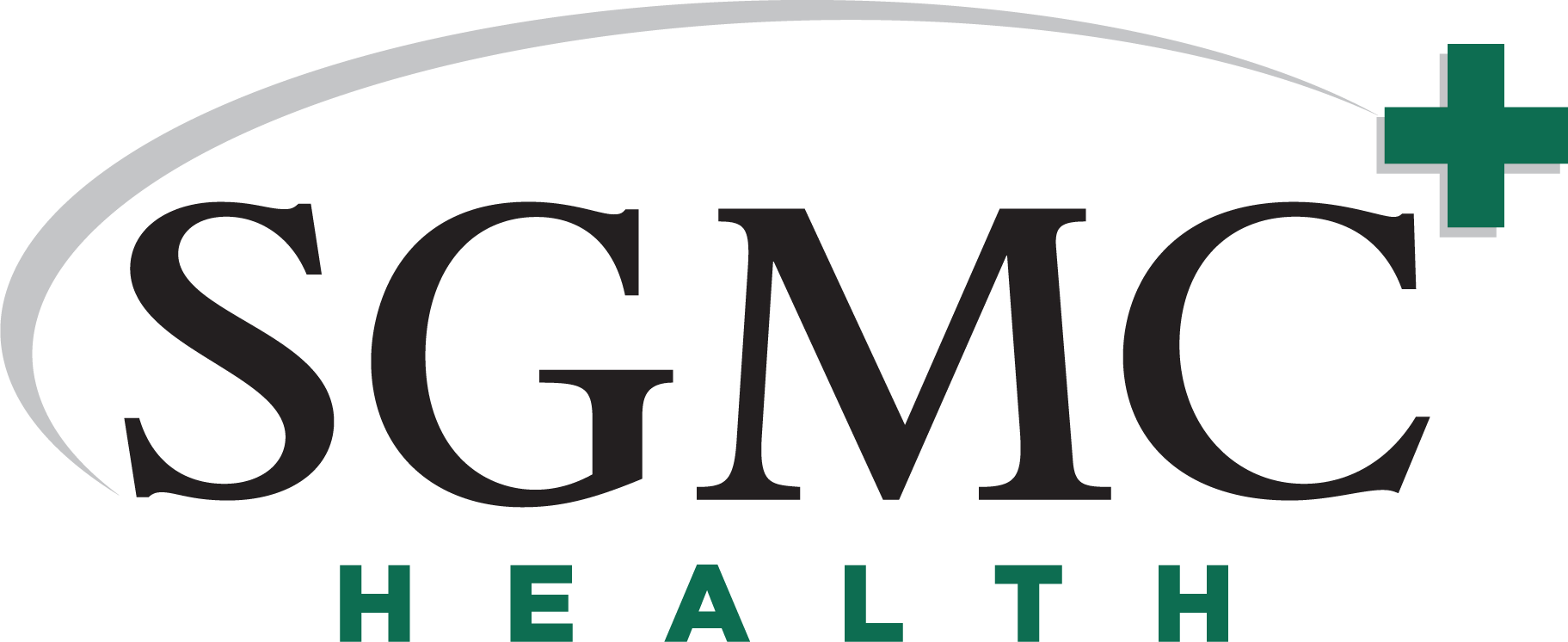
Stroke is the leading cause of disability and the 5th leading cause of death in the United States according to the American Stroke Association. With the chances of encountering a stroke in a person’s lifetime high, South Georgia Medical Center seeks to help raise awareness and save lives through early intervention.
Georgia is considered to be the “buckle” of what is called the “stroke belt,” the region in the southeastern United States with the highest incidence of stroke.
Dr. Brian Dawson, Senior Vice President, Chief Medical Officer and Neurologist at SGMC, states, “We can all potentially save someone’s life by knowing the signs of a stroke.”
An easy way to remember the signs of a stroke is the abbreviation “B.E.F.A.S.T.”
B - Balance. Does the person have a sudden loss of balance? E - Eyes. Has the person lost sight in one or both of their eyes? F - Face. Is one side of the person's face drooping? A - Arm. Is the person having trouble lifting their arms? S - Speech. Is the person having trouble speaking? T - Time. If any of these signs are true, it's time to call 911.
“Quickly recognizing the signs of someone having a stroke and promptly calling 911 can mean the difference between life and death. B.E. F.A.S.T. is a great acronym to use in the event you believe you might be witnessing someone having a stroke,” says Dr. Dawson. “Rapid treatment is the key to treating stroke. There are also ways people can help reduce their risks of having a stroke, such as monitoring their cholesterol, maintaining a good diet, exercising, and not smoking. Reducing your risk could save your life, but understanding the signs of a stroke has the potential to save someone else.”
SGMC is the only hospital in South Georgia with an Advanced Certification as a Primary Stroke Center by The Joint Commission. SGMC has received the Stroke GOLD PLUS recognition from the American Heart and Stroke Association, the highest ranking awarded, for seven consecutive years.
SGMC additionally offers support for patients, family members and caregivers of those recovering from a stroke.
